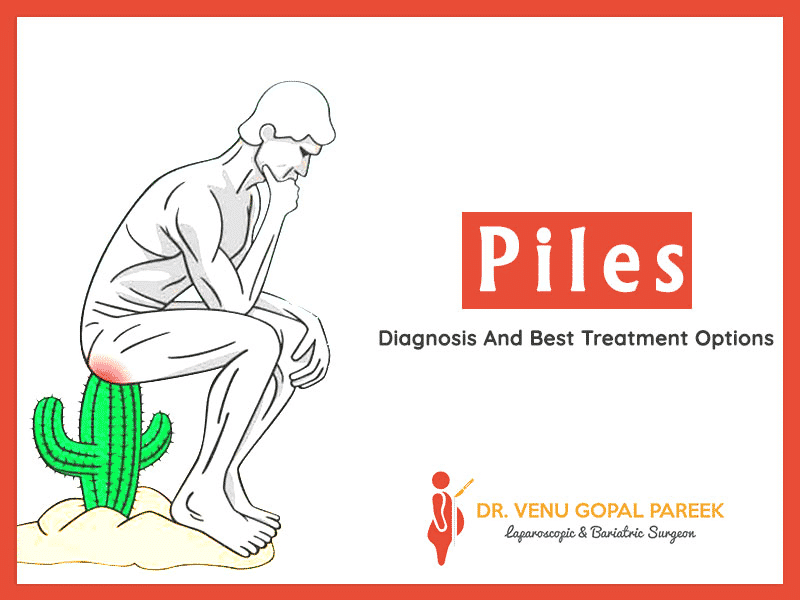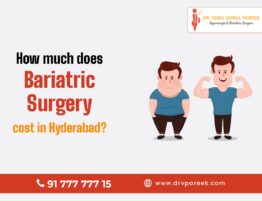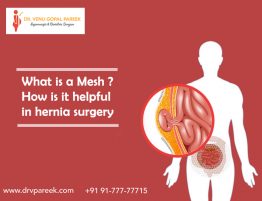
In the morning for many people, going to the washroom is painful and leads to bleeding during bowel movements. They may have piles, with or without pain in the anus. While medicine brings temporary relief, the problem keeps repeating.
Patients often experience discomfort associated with the embarrassment of pus discharge in the perianal area or behind. People are reluctant to discuss these problems and have been silent for years without being treated. Hundreds of medical therapies are being marketed in various medicinal systems allopathic or otherwise, but they only relieve symptoms temporarily. If the problem is still there, then the surgery is the only option for treating piles.
Haemorrhoids is another term for piles. Piles are accumulations of inflamed tissue in the anal canal which contain blood vessels, tissues, muscles and elastic fibres. Many people have piles, but the symptoms are not always apparent. Haemorrhoids cause noticeable symptoms.
This article provided by Dr Venu Gopal Pareek discusses the piles, causes, symptoms, diagnosis, and treatment.
What are Piles?

Piles are swollen blood vessels located around the anus or lower rectum. Most adults have symptoms of haemorrhoids at the age of 50 years, however, it can also be seen in younger age. Piles can be internal or external. Internal haemorrhoids develop within the anus or rectum, and external haemorrhoids develop outside the anus.
External haemorrhoids are the most common and problematic. Piles cause pain, severe itching and difficulty in sitting. Fortunately, they can get treated.
What Are The Symptoms Of Piles?

Symptoms of Piles include:
- Severe itching around the anus
- Irritation and pain around the anus
- Itching or painful lump around the anus
- Faecal leakage
- Painful bowel movements
- Blood in your tissues after defecation
Although painful, piles are not life-threatening and often go away on their own without treatment. If it occurs regularly, you may experience symptoms of anaemia, such as weakness and pale skin from blood loss, although this is rare.
What Causes Piles?

Doctors are not sure what causes the development of piles. Possible factors are:
- Sitting for a long time, especially on the toilet
- Complications from chronic constipation
- Straining during a bowel movement
- A family history of Piles
Diagnosis Of Piles:

- Complete History: This includes a history of similar illness of any family members, a history of long-term constipation, coughing, liver disease, or long-lasting anal intercourse. They increase the risk of piles.
- Doctor ask patients whether recent weight loss occurred, bowel movements, stool discolouration, bleeding or mucus in the stool or pain.
- The patient gets examined thoroughly. Obesity, overweight, pregnancy and people with anal infections or ascites have an increased risk of piles, and these conditions examine by a doctor.
- The patient’s anus and rectum examine in detail and done with a Digital Rectal Examination. First, the doctor lubricates the anal canal with the help of a topical anaesthetic cream or gel and then gently inserts a finger into the glove to feel discomfort in the rectum and around the anus.
- Proctoscopy: This is a procedure that uses a device called a proctoscope. It is a hollow tube with a light at the top. The instrument is lubricated with a local anaesthetic gel and inserted into the rectum. The inner wall of the rectum visualizes with this device.
- A biopsy can be done during proctoscopy. A small area is anaesthetized, and a small amount of tissue taken from the affected area. This tissue is then stained on a microscope slide and examined under a microscope. It is done to explore the pathology and rule out other diseases such as colon cancer.
Your doctor may want to check your entire large intestine with a colonoscopy if:
- Your signs and symptoms indicate that you may be suffering from other digestive system disorders
- You have risk factors for colorectal cancer
- If the patient is middle-aged and does not have colonoscopy recently.
Treatment for Piles:

The final treatment often involves surgery that cuts the affected area and is usually known to be painful with long recovery periods, multiple bandages, and clinic visits. Despite so many complaints, there is a significant risk of recurrence.
Now there are new developments in the operational field, which can significantly improve the overall experience. Now staple surgery is performed on a more massive pile, significantly reducing pain and recovery time. This surgery is ideal for patients with large prolapsing piles. Painless treatment for piles is a laser.
Let us know about laser treatment for piles.
What Is Piles Laser Treatment?

Our Dr. Venu Gopal Pareek examines the cause and level of your piles and provides the best treatment for you. He seeks treatment through minimally invasive procedures, such as laser therapy, to give our patients the least amount of discomfort.
Laser treatment that is done to heal the piles is called laser haemorrhoids. Laser treatment for piles can be prescribed in the second, and early third stage of the disease due to the first stage of efforts to treat it with medication and nutritional adjustments. Laser surgery for haemorrhoids is beneficial and requires far less recovery time than other intensive surgical procedures.
How Is A Laser For Piles Performed?
Laser piles process done with a laser beam. A laser beam is applied to the target tissue and causes fibrotic reactions in endothelial cells or internal swollen cells and connective tissue. This reaction causes the blood vessels that supply blood to haemorrhoids to get narrow or contract. It leads to deflation of haemorrhoids and eventually dries up. Fibrous results in the peri haemorrhoid connective tissue cause haemorrhoids to reach back inside, thus solving the problem of hemorrhoidal prolapse.
What Happens After Piles Laser Treatment?
This process only takes a few minutes, and the patient can be discharged from the hospital on the same day. There are no cuts, stitches, or bandages. There is mild pain or bleeding. They can typically eat within 4 hours of operation and resume their routine work within 24 to 48 hours.
There are no restrictions and no repeat visits to the doctor. This procedure does not require you to stay in the hospital. As a rule, the method does not cause such complications, and regular visits to the doctor are not always needed.
Benefits Of Piles Laser Treatment?
Laser treatment for piles is a non-surgical method for treating piles. This method does not require anaesthesia. Laser haemorrhoid surgery has many advantages over conventional surgical techniques in treating piles. Some of them are:
- There is no risk of incontinence or faecal leakage because the effects of the anal sphincter are adequately maintained
- There is little or no bleeding
- Low level of pain
- This method uses energy that does not cause damage and scarring
- This procedure only takes 10-15 minutes in an outpatient clinic.
- Postoperative recovery is excellent.
- It does not require you to stay long in bed, and you can immediately start working
- This procedure is aesthetically best and helps patients maintain their confidence
- Reduces postoperative discomfort for patients
How Can Laser Treatment Help?

A laser is the best choice for treating piles because it is non-invasive, and hence, there is no risk of blood loss. Compared to conservative surgical procedures, the laser technique is not very painful. Therefore, patients do not need to worry about the length of stay in the hospital. Also, surgical procedures require wound dressing for several days, but for laser surgery, does not need.
Conclusion:
Dr Venu Gopal Pareek, strive to treat patients effectively, with minimal discomfort caused by knives and cuts. Laser piles treatment at is one procedure where doctors use minimally invasive pile treatment procedures. And to free you from the pain caused by this piles condition.
Dr Venu Gopal Pareek goal is to provide all our patients with a quick and painless recovery. The doctor uses the best method to diagnose this condition and heal the root piles so that the patient can live a healthy and happy life. Contact us at +91 91-777-77715, or Book an appointment now with Dr Venu Gopal Pareek, Hyderabad for best piles laser treatment!







